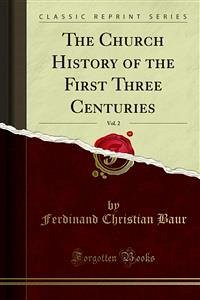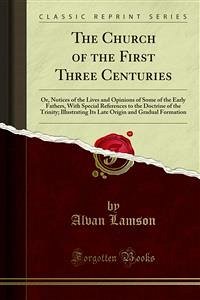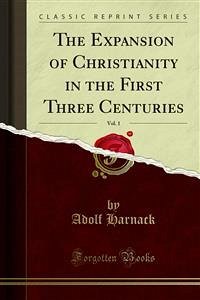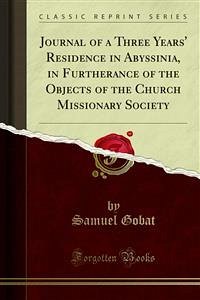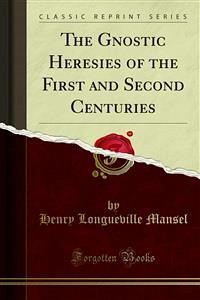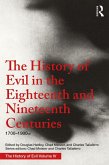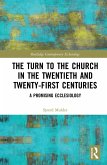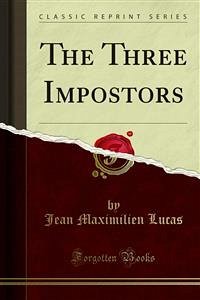In Gnosticism and Montanism, the Christian life of the first post-apostolic period put forth its most vigorous energy and the richest abundance of its productive power. Gnosticism gives the clearest proof that Christianity had now become one of the most important factors of the history of the time; and it shows especially what a mighty power of attraction the new Christian principles possessed for the highest intellectual life then to be found either in the Pagan or in the Jewish world. The ingredients of Gnosticism were very multifarious; Hellenic and Jewish elements were blended together in it in manifold forms; but Christianity provided all these with a common centre, from which the numerous Gnostic systems proceeded to attempt ever new combinations of the most different kinds. The problem undertaken by all of these systems was that which then occupied the most thoughtful minds, and ever afterwards continued to be the most important subject of Christian religious philosophy, viz., how Christianity was to be interpreted in a general view of the world. And if we couple Montanism with Gnosticism, and consider how it also contributed new and energetic spiritual impulses, and raised fresh questions which were of importance not only as to practical life, but also as to the true construction to be given to Christianity, we receive a very life-like impression of the spiritual movement of the time, and of the restless ferment in which so many elements were confusedly heaving, and meeting and crossing one another in the most various directions.

